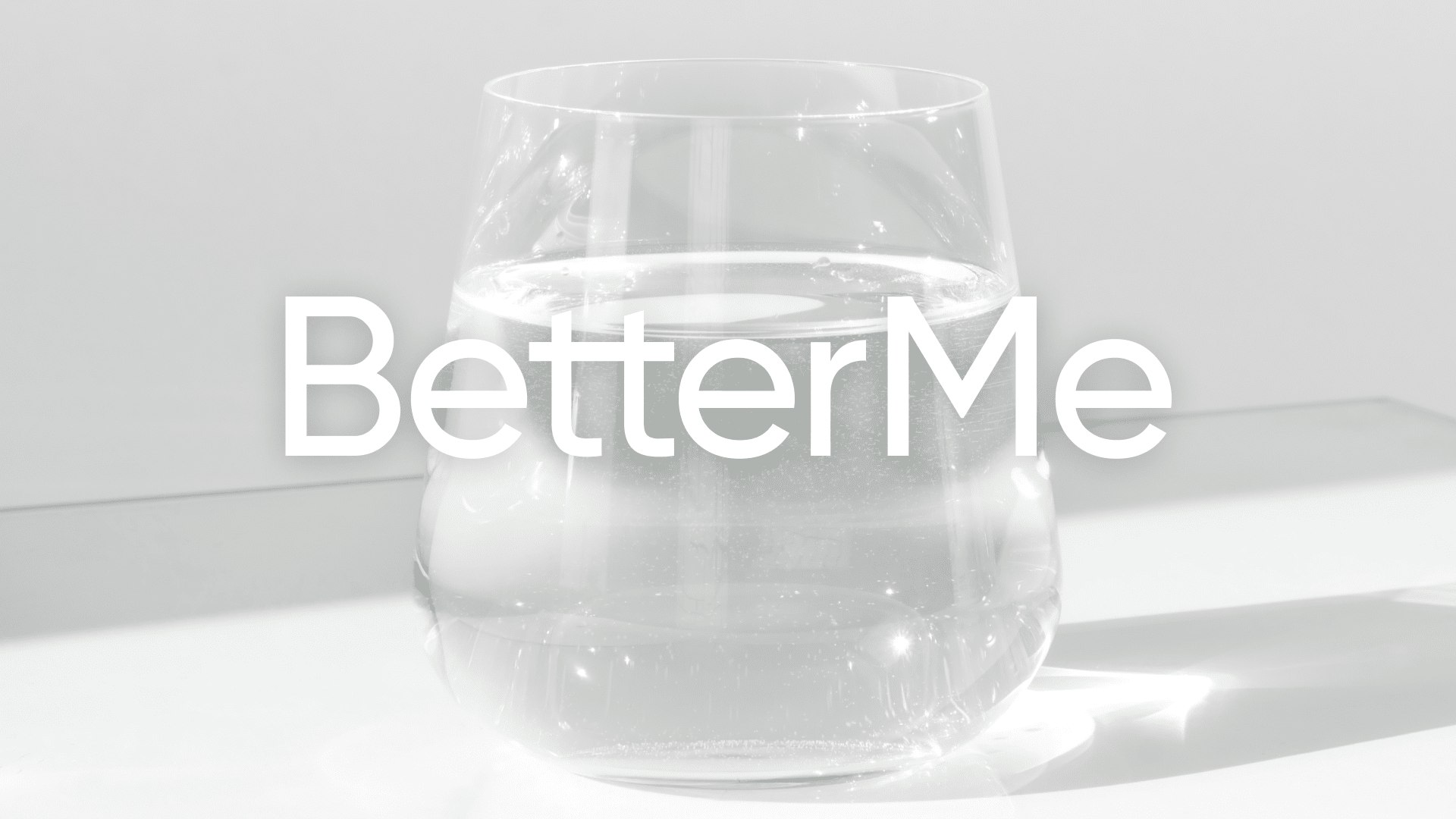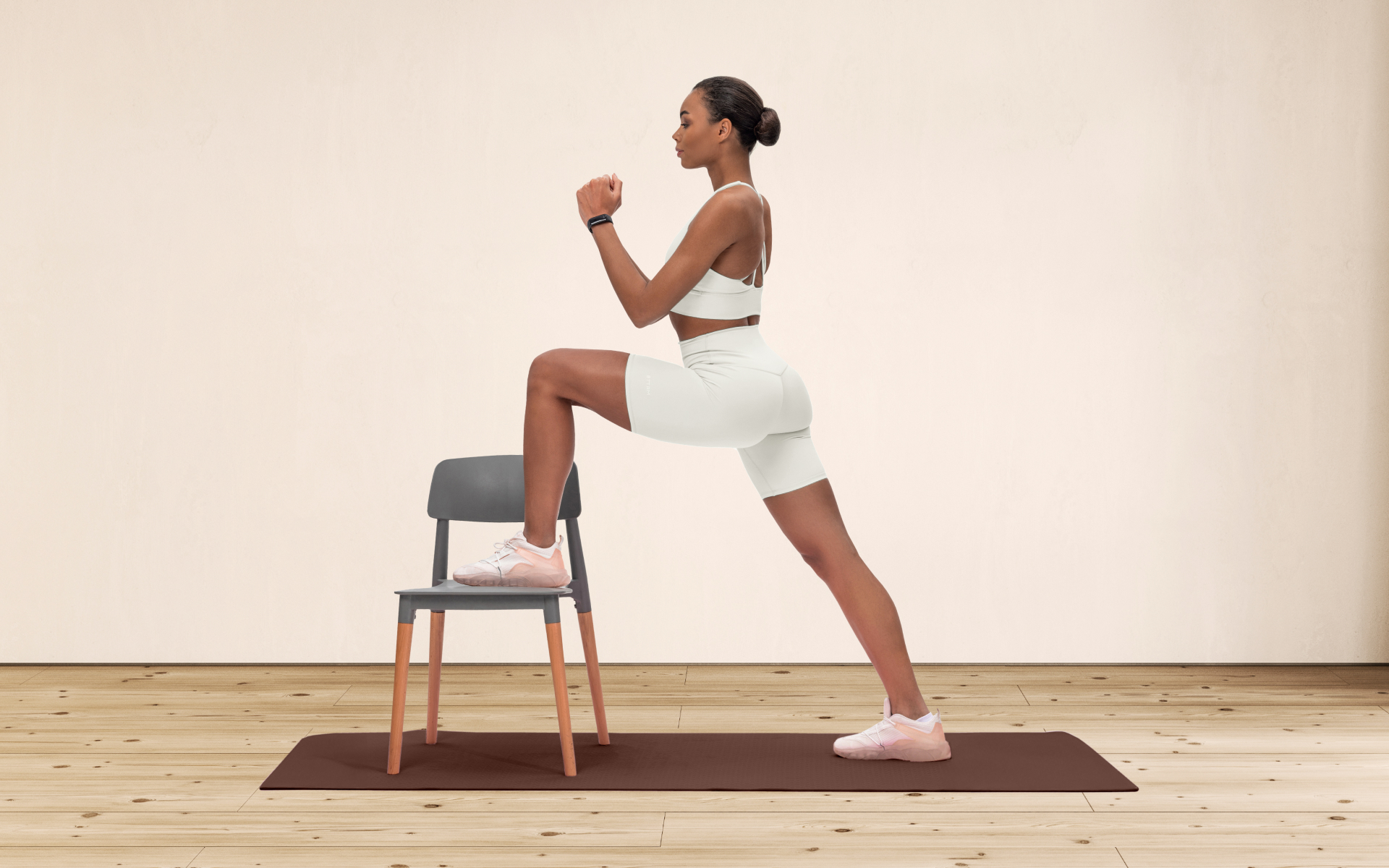What first comes to your mind when you think of losing weight? For most people, it’s diet and exercise. And that is correct. Following a healthy nutritional plan, and performing regular workouts, together create a caloric deficit that helps you burn more calories than you consume, which is the staple of a successful weight loss (2). However, not all diets and training are designed for that. Just like there are weight loss meal plans and workouts, there are also numerous methods that target weight gain. That is why some people may have stumbled upon a problem of achieving not exactly what they were expecting but quite the opposite, meaning that they may be working out but gaining weight instead of shedding pounds. So, some end up wondering: “Why do I gain weight when I exercise?”. If that is the case for you, don’t worry because, today, you will find out what causes weight gain after exercise and how to deal with this problem.
Why Do I Gain Weight When I Exercise?
As you know, exercising doesn’t necessarily lead to immediate weight loss. Furthermore, sometimes, you may notice that you are gaining weight while working out. Now, there is no need to panic because such a phenomenon is quite normal. Different factors affect this process and may answer your question, “Why do I gain weight when I exercise”.
So, here are the main causes of weight gain with exercise and what to do about it (11):
-
Muscle Mass Gain
This is probably the most common answer to questions such as: “Why do I gain weight faster when I exercise?”, “Why do I gain weight when I exercise every day?”, and “Why do I gain weight when I exercise and eat healthily?”. It is only natural that when you work out a lot, you not only burn fat but also work your muscles, which leads to an increase in muscle mass. Although the amount of weight you gain depends on your diet and the type of exercise you perform, any extra physical activity promotes strengthening and growing muscle mass (9). This is especially noticeable in people who previously led a mostly sedentary lifestyle (4). So, if your diet includes plenty of protein, which promotes muscle growth, and you regularly perform strength training workouts, you can expect your muscle mass to grow.
Since muscles are denser than fat, you may notice an increase on your scale, but at the same time look slimmer than before. All people are different, and so one may gain muscle mass easier and quicker than the other. So, if you are one of those people who easily gain muscle mass, then it is better for you, and there is no need in trying to fix this. Muscles do not only help shape a strong and healthy body but also increase your resting metabolic rate (RMR), which makes you burn more calories while you rest, thus promoting weight loss (6).
BetterMe app will provide you with a host of fat-frying fitness routines that’ll scare the extra pounds away and turn your body into a masterpiece! Get your life moving in the right direction with BetterMe!
-
Water Retention
Another reason why you are gaining weight while working out is water retention. This phenomenon is pretty common and can significantly affect the number on your scale. Water retention may be caused by an increased intake of sodium. Research shows that consumption of salty foods leads to higher water intake, which may increase your weight (8). That is why if you want to reduce water retention, try to consume less salt and salty foods.
Another cause of water retention is hormonal changes in premenopausal women. That is why a lot of women may notice some bloating during their menstrual period. Research shows that the water retention is at its highest on the first day of menstrual flow, then slowly decreases by the middle of the cycle, and then increases around the time of ovulation (5). Since the process of water retention during the menstrual period in women is natural and temporary, there is no point in trying to fix it somehow.
-
Sleep Deprivation
Slimming down sure is not easy. Your weight loss will be successful if you stick to a balanced nutritional plan, exercise regularly, and rest properly. A lot of people tend to underestimate the importance of the latter and end up getting not enough sleep. It is crucial to remember that when it comes to shedding pounds, your recovery and especially sleep is of great significance. Lack of sleep can lead to a change in levels of hunger regulating hormones leptin and ghrelin, which results in increased cravings causing an increase in caloric intake (1). If you want to prevent that, try to get enough shut-eye. Although the number of hours a person should sleep varies individually, depending on age and some other factors, an average adult person is recommended to have 7-9 hours of sleep a day (7).
Read More: The Fundamentals of a Balanced Diet: Foods, Benefits, Weight Loss
-
Consumption Of Fiber
Eating a lot of healthy fiber-rich foods after the workout can also lead to a temporary increase in weight. Fiber may add to water retention in the colon and, if insoluble, can increase stool weight (10). Although it may add to the number on your scales, fiber is an essential component of any healthy nutritional plan and should never be avoided.
-
Post-Workout Inflammation
The cause of your weight gain might be your workout itself. If so, it means that you are doing everything right and working hard enough to be able to reach real results. When you exercise, you create small tears in your muscle tissue, called exercise-induced muscle damage (EIMD), which later gets repaired and thus makes your muscles grow in size and strength. This process is accompanied by inflammation and fluid retention, which may be the cause of you gaining weight while working out. The EIMD is temporary and occurs after you perform some new or challenging type of workout. It is often followed by muscle soreness, which indicates that inflammation and muscle repair are taking place in your body. You can reduce after-workout muscle soreness by taking a hot shower or a bath and massaging your muscles.
FAQs
Is Muscle Heavier Than Fat?
It is a popular belief that muscle is heavier than fat, but is it true? And the answer is no, not exactly. In reality, one pound of muscle weighs the same as one pound of fat. However, such a belief occurred because muscle tissue is much denser than body fat, so if you have more muscles, you can look slimmer than the person who weighs the same but has more fat (3).
DISCLAIMER:
This article is intended for general informational purposes only and does not address individual circumstances. It is not a substitute for professional advice or help and should not be relied on to make decisions of any kind. Any action you take upon the information presented in this article is strictly at your own risk and responsibility!
SOURCES:
- A single night of sleep deprivation increases ghrelin levels and feelings of hunger in normal-weight healthy men (2008, pubmed.ncbi.nlm.nih.gov)
- Counting calories: Get back to weight-loss basics (2020, mayoclinic.org)
- Don’t Fall for Fitness Myths (2004, webmd.com)
- Effect of once a week endurance exercise on fitness status in sedentary subjects (2010, pubmed.ncbi.nlm.nih.gov)
- Fluid Retention over the Menstrual Cycle: 1-Year Data from the Prospective Ovulation Cohort (2011, researchgate.net)
- Get More Burn From Your Workout (2003, webmd.com)
- How many hours of sleep are enough for good health? (2019, mayoclinic.org)
- Relationship between Sodium Intake and Water Intake: The False and the True (2017, pubmed.ncbi.nlm.nih.gov)
- Skeletal Muscle Hypertrophy after Aerobic Exercise Training (2015, ncbi.nlm.nih.gov)
- Stopping or reducing dietary fiber intake reduces constipation and its associated symptoms (2012, ncbi.nlm.nih.gov)
- Why You May Be Gaining Weight After Working Out (2020, verywellfit.com)










